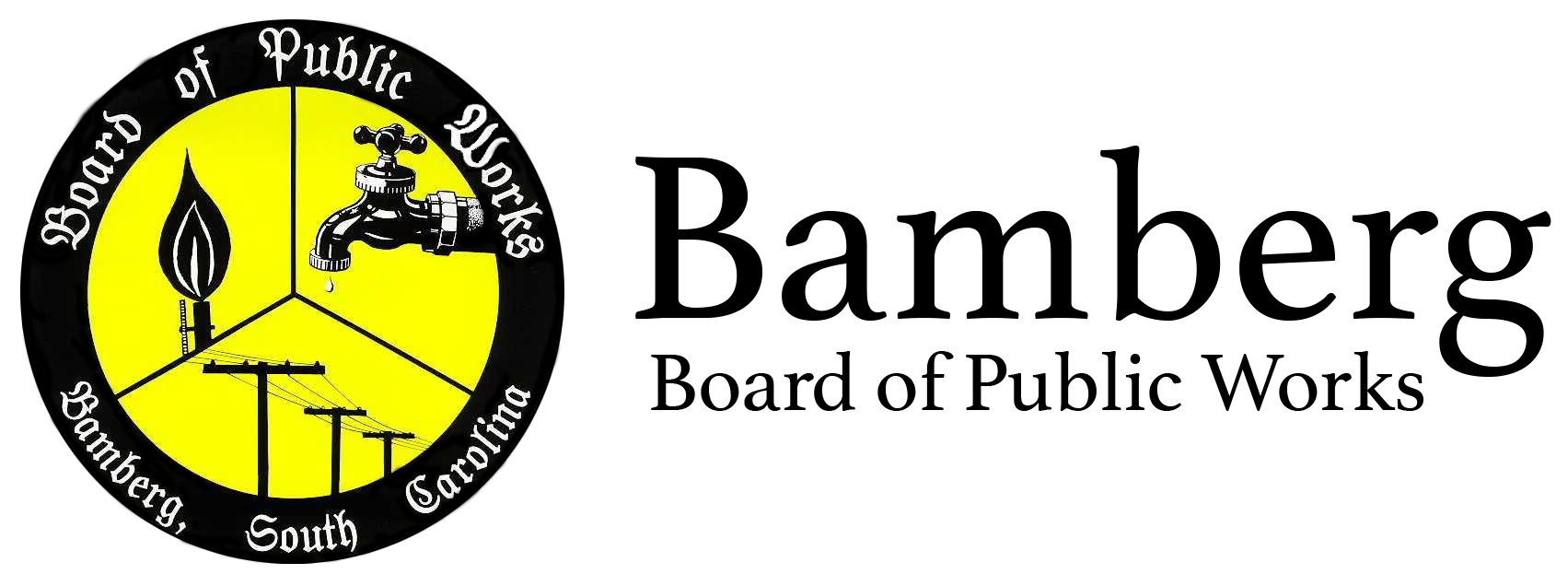Natural Gas Safety
Keep the space around furnaces and water heaters clean and clear of build-up, rags, newspapers, and other debris. Never store combustibles such as gasoline, aerosol cans, paint, solvents, household cleaners, pool chemicals, or similar products near any fuel-burning equipment.
If a natural gas leak occurs, the gas will disappear quickly into the atmosphere because it is lighter than air. If the gas escapes from leaking fittings or a forgotten burner, it will rise. On the other hand, propane is denser then air and will settle at a lower level. This makes natural gas safer for use in homes.
Damage to a natural gas service line is a serious hazard and can lead to a gas leak, fire or explosion.
If any of these conditions occur, immediately call BPW at (803) 245-5156

If you Smell Gas
-
- Do not attempt to locate the source of a gas leak.
- Do not remain in the building when there is a strong gas odor. From a safe distance, be ready to let our representative into your home or business so he or she can investigate.
- Do not turn on or off any battery-powered, rechargeable or electrical device, including phones, garage door openers, radios, TVs, computers or any device that could create a spark.
- Do not turn on or turn off any lights or electrical switches or unplug appliances.
- Do not use telephones of any type, including cordless, cell or landline.
- Do not position or operate vehicles and power equipment where leaking gas may be present.
- Do not smoke or use lighters, matches or other open flames.
- Not sure what natural gas smells like? Request one of our scratch-and-sniff cards and we'll mail one to you or come by City Hall and ask for one next time you pay your bill.

Our qualified Customer Service Team is available to answer any questions you may have about natural gas service and safety.
Please call the Main office at
803.245.5128
It is very important to keep your gas appliances in proper working condition.
- Keep forced-air furnace filters clean. Clean or replace them according to the manufacturer's recommendation.
- Avoid using or storing these products near the furnace: paint stripper, fabric or water softener, bleach, adhesives, or salt for melting ice. The chlorine or fluorine in these items can lead to furnace corrosion.
- If your owner's manual recommends it, oil the furnace fan, motor and bearings.
- Keep your heat registers and cold-air returns clean so the air can flow properly. Also, arrange your furniture and drapes so they don't block the airflow.
- Have a qualified heating contractor inspect your furnace or boiler annually. A properly tuned furnace saves energy and helps avoid costly repairs.
- Check flues to make sure they are clean and open, as fuel buildup can create harmful levels of carbon monoxide (CO). CO is a dangerous and odorless gas which can collect in your home if a fuel-burning appliance isn't working properly or venting as it should.
- Always make sure your gas stovetop is turned off when not in use.

